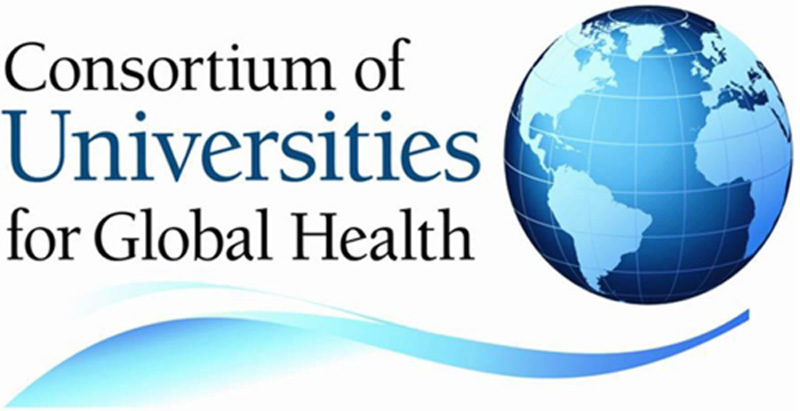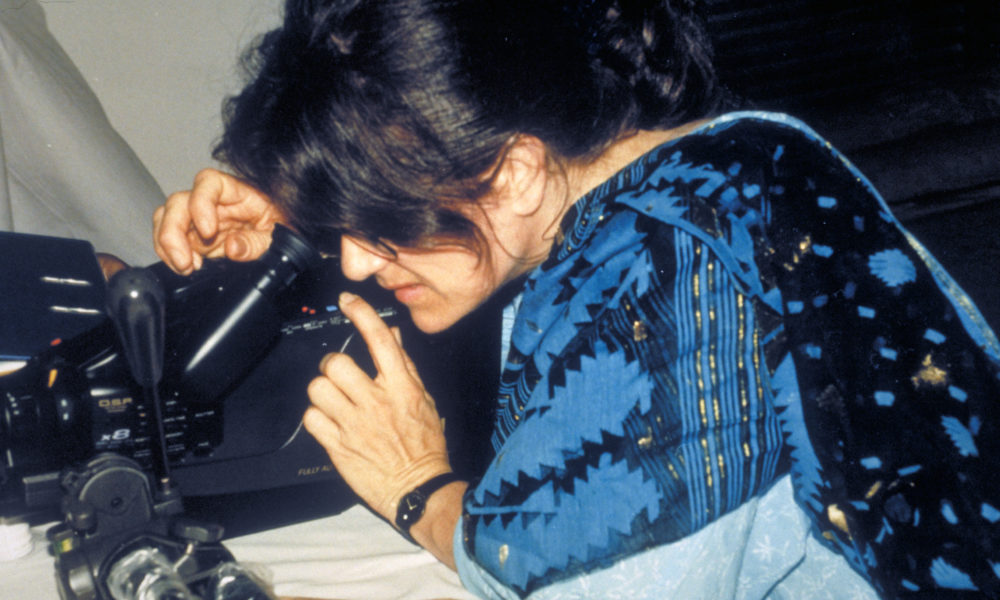An effective way to communicate and inspire change is through visual means. On this page, we highlight global health videos from our members, partners, and colleagues.
For more content, see the “Recommended Videos” playlist on our Youtube channel.
Featured Videos
The video briefly presents the Nodding Syndrome (NS), a degenerative epileptic condition which primarily affects children aged 5–15 years in onchocerciasis-endemic regions. The Nodding Syndrome Alliance (NSA), in close collaboration with the Ministry of Health, has been offering social and clinical care to hundreds of people with NS in South Sudan, conducting scientific research on its aetiology and its potential prevention strategies, as well as raising awareness at local, national and international level about this neglected condition. It is believed that, today, up to 400,000 people in Africa might be suffering from forms of Onchocerciasis-Associated Epilepsy such as NS.
A narration of how an innovation called ‘HIT System’ (HIV Infant Tracking System) is saving lives of infants born to HIV positive mothers. It includes a story of Carl Kibet, a success story among many, from the HIT System. Carl Kibet’s mum was initially hesitant to join the HIT System program that would have saved her boy at pregnancy. But the innovative system persuaded her to join the program, facilitating the birth of Carl under a safe environment. Carl was eventually taken through the program which saw him declared HIV free after 18 months.
During COVID-19, people around the world faced decreased access to critical health information and routine care that can save lives. The pandemic highlighted the critical role of education in health and the information inequities that exist worldwide. At the Stanford Center for Health Education, we believe that expanding access to engaging education has the power to change behaviors, improve health, and save lives. We are committed to reaching communities worldwide with accurate, timely, and understandable health information. Through our Digital Medic initiative, we co-create and evaluate digital health education materials with health workers and communities on a variety of high-need health topics. With the digital revolution putting mobile devices into the hands of billions of people, digital education programs are more crucial than ever for improving health outcomes and global health equity.
Our Permaculture program at Area 25 Health Centre focuses on establishing a safe, nurturing environment for all patients receiving care at the facility, particularly pregnant women staying at the maternity waiting home. The waiting home is a residential program enabling women to receive essential maternal and neonatal care by housing them adjacent to the birth facility for an average of two weeks. For rural, underserved communities, maternal waiting homes are critical in avoiding delayed care and safeguarding a women’s health during childbirth. We believe this high impact program is well-suited to be highlighted through the CUGH 2023 video competition.
“I’m pregnant, I’ve got HIV & also TB”. This story is told by Busisiwe Beko, a survivor of drug-resistant TB & an activist who has first-hand experience of the struggles of women with children who have the disease as she battled to get proper, timely treatment for her & her baby daughter, who contracted DR-TB. Pregnant people are an under-served & complex population when it comes to drug-resistant tuberculosis (DR-TB). The complexity of pregnancy & DR-TB extends far beyond their physical susceptibility to DR-TB & includes risks of receiving sub-standard care; experiencing stigma & discrimination; being separated from their children; & facing tremendous suffering due to a lack of compassionate counseling.
This documentary summarizes findings from a study on the multi-sectoral benefits and costs of LPG distributed for cooking in a refugee camp in southern Bangladesh. This study evaluated households newly enrolled in the LPG distribution program and compared them to households that were already receiving LPG to measure the impact of the LPG distribution program. Provision of LPG was associated with reduced deaths and disease due to indoor air pollution, increased carbon storage, improved food security and mental health, and reduced inter-group and domestic conflict. Long-term provision of LPG to 1 million refugees is a feasible and cost-effective strategy to support food security, nutrition, health, and safety while protecting the environment and reducing tension with host communities. The findings support policy and donor decisions on the provision of clean cooking fuel in humanitarian settings. Policy brief: https://wordpress.com/post/globalenvhealthequitylab.wordpress.com/199

